Select Battles in Indian History (In 2 Vols.)
Synopsis
The work deals with select 59 battles and wars in Indian history from Rigvedic period to circa 2000 AD. The Rigvedic ‘Battle of Ten Kings’ is followed by the war between Rama and Ravana described in the Ramayana, and the Bharata war detailed in the Mahabharata-the two wars that have sunk deep down into the collective consciousness of the Indian people. Alexander met touth, though unsuccessful, resistance; his conquests helped in turning the small states of Punjab into large political units. The horrors of Kalinga war turned Ashoka as follower of Buddhism and a champion of peace. The Turkish invasion of Muhammad Ghori marked the beginning of the Muslim rule in India. The Battle of Takkola resulting in the defeat of the Vijaynagara Empire at the hands ‘of neighbouring Sultanates marked the destruction of chances of Hindu supremacy in the south’. In the north, the Afghans displaced the Turks. With Babur’s conquest of Ibrahim Lodi and Rana Sanga in the battles of Panipat and Khanwa, respectively, the Mughal Empire was founded. The success at the battles of Plassey and that of Buxar laid the foundation of the British Empire. Later, they met with stiff resistance in battles against the Marathas, Hyder Ali, Tipu Sultan and the Sikhs. The first war of Independence was unsuccessful, but it paved the way for Indian Independence in 1947. The wars fought by the Indian defence forces after Independence – one against China and three against Pakistan – the last being the Kargil war (1999), have been authored by army officers, then in active service. Attempt has been made to discuss the security environment and the threat perception, in the light of Indian and Pakistani nuclear tests and the successful American war against the Taliban government.
Read more
133.00
119.7
$
140.00 $
Free delivery Wolrdwidе in 10-18 days
Ships in 1-2 days from New Delhi
Membership for 1 Year $35.00
Get it now and save 10%
Get it now and save 10%
BECOME A MEMBER
Books by the same authors

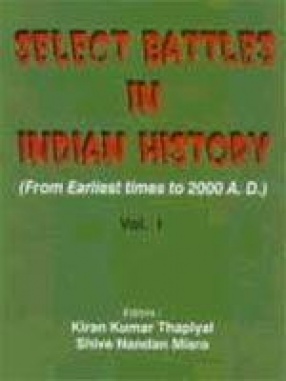
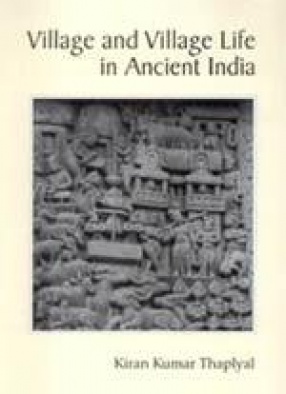
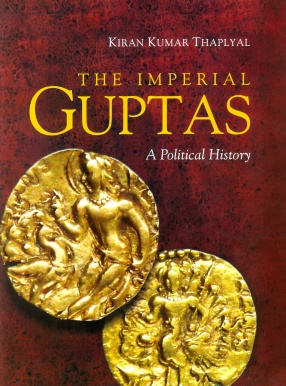
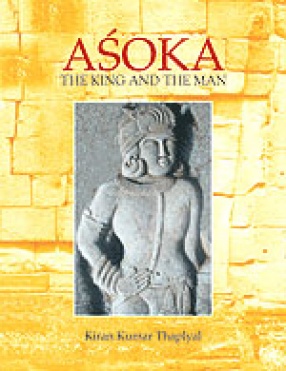

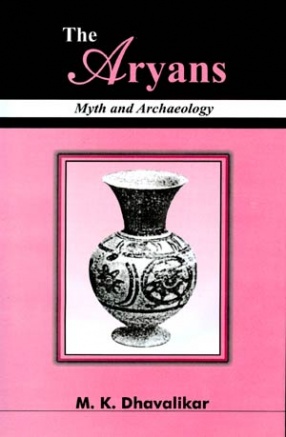




Bibliographic information
Kiran Kumar Thaplyal